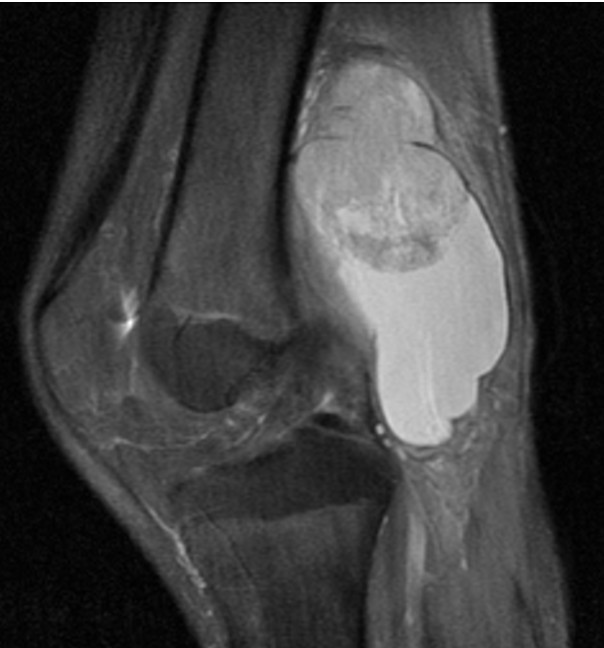 Adaptimmune Limited, has just revealed the preliminary results of its pilot study on NY-ESOc259T.
Adaptimmune Limited, has just revealed the preliminary results of its pilot study on NY-ESOc259T.
This pipeline product utilizes the patient’s own T-cells, genetically altering them to specifically target synovial sarcoma cells. This technique is the product of years of Adaptimmune’s pioneering focus on immunotherapy for the treatment of infectious diseases and cancer.
The interim findings were presented during the Connective Tissue Oncology Society‘s yearly conference in Berlin, which exhibited a promising 80% response rate and favorable safety and tolerance profile.
This type of cancer accounts for roughly 6%-10% of all soft tissue sarcomas. Synovial sarcomas are commonly diagnosed during childhood, with incidence rates peaking within the 3rd decade of life. The traditional regimen for this disease consists of radiotherapy and chemotherapy, and if necessary, surgical resectioning of lesions. Unfortunately, if a patient is diagnosed with an unresectable, recurrent and metastatic form of synovial sarcoma, the survival rate is much lower as treatment options are very limited.
The sites chosen for this study were the National Cancer Institute in Maryland, the Memorial Sloan Kettering in New York, and Children’s Hospital of Philadelphia. A total of 10 participants diagnosed with either unresectable, metastatic, or recurrent synovial sarcoma, were enrolled in the trial, all of whom underwent 4 days of chemotherapy prior the the start of the study. All subjects received the experimental product two days after chemotherapy treatment.
At the time the preliminary results were announced, 8 participants demonstrated tolerance to NY-ESOc259T , while the remaining 2 developed mild cytokine release symptoms (indicative of tumor flare) and secretion of interleukin 6 and interferon gamma. Half of the participants had already reached the 2-month marker for assessment of clinical response, of which 4 responded and one had a complete response. Three patients who exhibited a partial response were then subjected to a surgical resectioning of any remaining detectable lesions.
Dr. Tom Holdich, the company’s Medical Director, said the company is pleased with these promising results and have decided to extend the number of participants to 30. The additional participants will receive a formulation that has undergone a commercially compliant manufacturing process, which the company expects to be fully operational at the start of 2015. The protocol will also include an assessment of the efficacy of administering preparatory chemotherapy, prior to infusing the patient’s modified T-cells.


